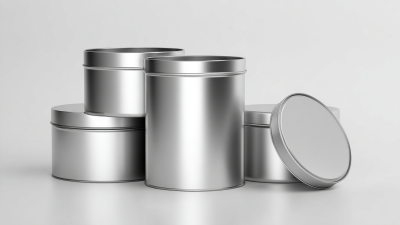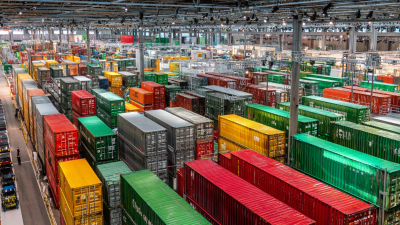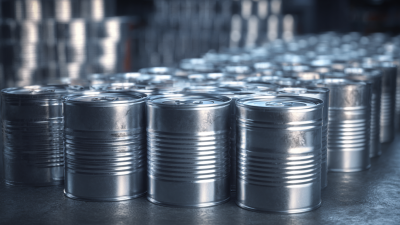 +8618680445103
+8618680445103
Free Standard Samples can be provided for you to check the quality.
Leave Your Message
Aluminum containers have become an indispensable part of both everyday life and various industrial applications due to their unique properties and versatility. From the kitchen, where they serve as efficient storage and cooking solutions, to more specialized uses in manufacturing and packaging, aluminum containers offer an array of benefits that cater to diverse needs. Their lightweight nature, resistance to corrosion, and ability to retain temperature make them ideal for food preservation, while their recyclability aligns well with growing environmental concerns. This article explores the myriad ways aluminum containers are utilized, highlighting their benefits, practical applications, and the innovative designs that have emerged in recent years. Whether you're a home chef or a business owner, understanding the potential of aluminum containers can enhance your efficiency and sustainability practices, making it essential to consider their role in both domestic and industrial realms.
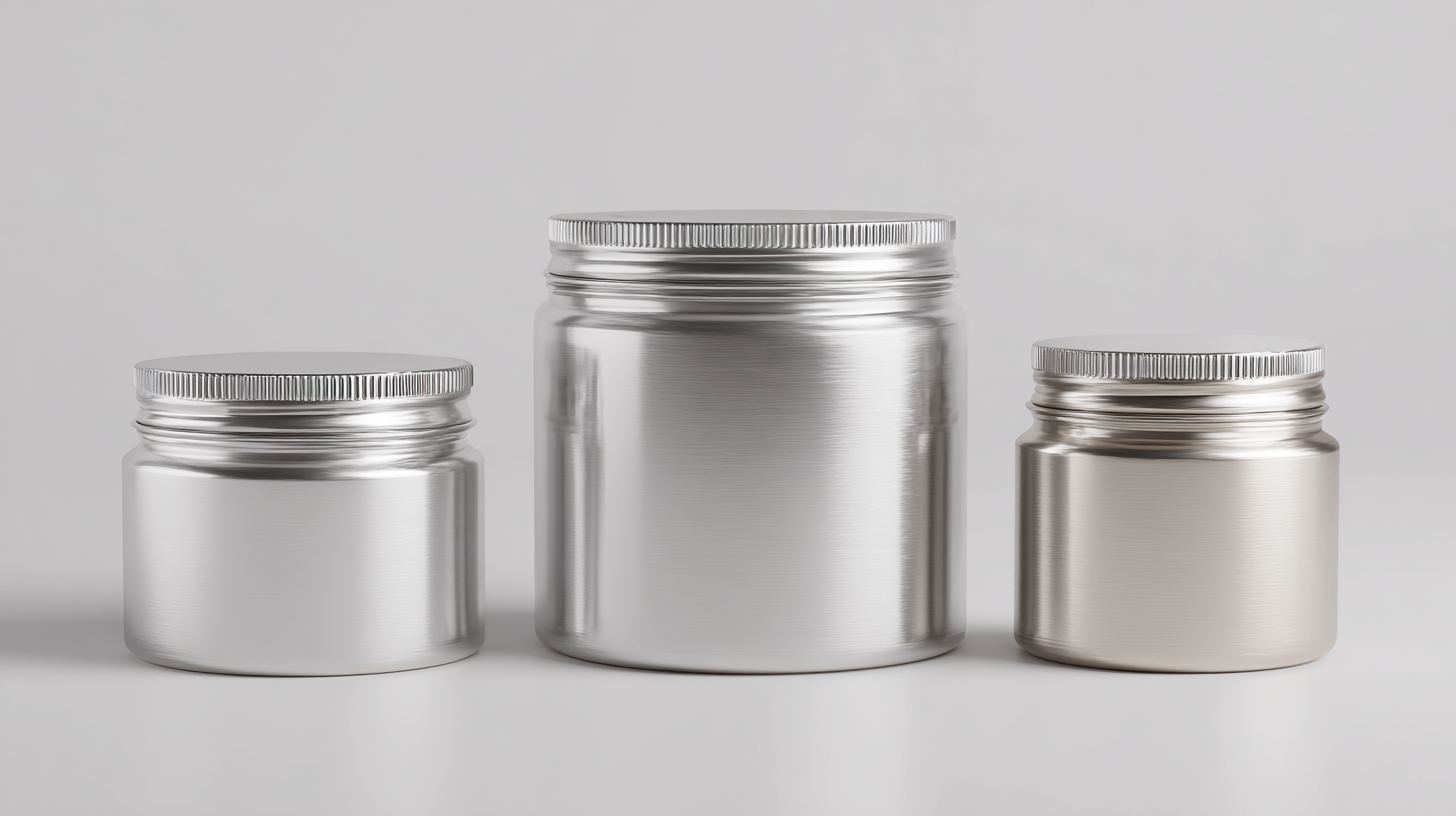
Aluminum has gained immense popularity as a material for containers due to its unique properties that cater to a wide range of applications. One of the standout features of aluminum is its lightweight yet strong structure, which provides excellent durability without adding unnecessary weight. This is particularly beneficial in industries such as food and beverage, where efficient transportation and storage are crucial. Moreover, aluminum’s resistance to corrosion ensures that products remain safe and fresh, which is paramount in maintaining quality standards.

Another significant advantage of aluminum is its excellent thermal conductivity. This property allows for even heat distribution, making aluminum containers ideal for cooking and baking. Chefs and home cooks alike often prefer aluminum pans for roasting and baking, as they facilitate consistent results. Additionally, aluminum is highly malleable, which means it can be easily molded into various shapes and sizes, accommodating diverse needs in both domestic kitchens and industrial sectors. Such versatility not only enhances its utility but also positions aluminum as a leading choice in container materials.
Aluminum containers have become increasingly popular in kitchens due to their versatility and practicality. From cooking to storage, these lightweight and durable vessels offer a multitude of benefits for everyday culinary tasks. For instance, aluminum foil pans are perfect for roasting and baking, providing even heat distribution that ensures deliciously cooked meals. Furthermore, their disposable nature makes clean-up effortless, allowing home cooks to enjoy their creations without the hassle of washing multiple dishes.
In addition to cooking, aluminum containers excel in food storage. They are an excellent choice for meal prep, as they can easily be used to portion out ingredients or finished dishes, keeping them fresh for longer. The airtight seal that many aluminum containers offer helps to prevent spoilage, while their stackable design saves valuable space in the refrigerator or freezer. Whether it's for leftovers, lunches, or batch cooking, this material has proven to be a reliable ally in maintaining food quality and convenience in the kitchen.
Aluminum containers have gained significant traction in various industrial applications due to their efficiency and sustainable properties. One of the primary advantages of aluminum is its lightweight nature, which reduces transportation costs and energy consumption during shipping. In industries such as food and beverage, aluminum packaging not only preserves quality and freshness but also allows for rapid production cycles, enhancing overall operational efficiency. The recyclability of aluminum further underscores its sustainability, as it can be endlessly recycled without loss of quality, minimizing waste in industrial processes.
Moreover, aluminum containers provide excellent resistance to corrosion and are non-reactive, making them an ideal choice for chemicals and pharmaceuticals. Their ability to withstand extreme temperatures is crucial for industries that require precise temperature control, such as in the transportation of sensitive materials. As sustainability becomes increasingly vital, aluminum's reduced environmental footprint—compared to traditional materials—positions it as a forward-looking solution for companies striving to balance performance with eco-friendliness. By embracing aluminum containers, industries can not only enhance their operational effectiveness but also contribute to a more sustainable future.
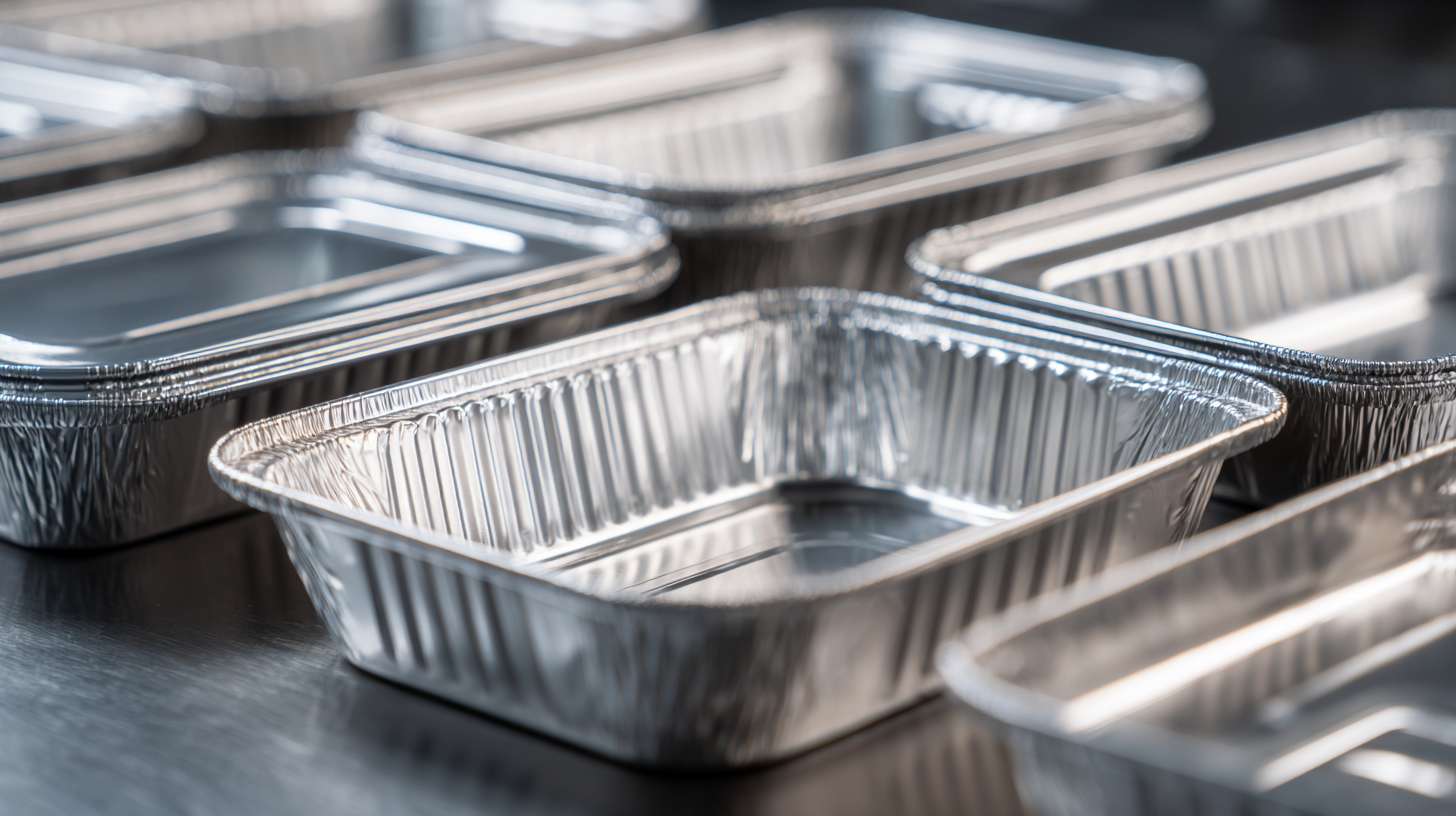
Aluminum containers are not only versatile for home and industrial applications but also stand out for their recyclability and minimal environmental impact. With the global demand for sustainable packaging surging, aluminum has become a frontrunner. Research indicates that aluminum packaging recycling rates significantly surpass those of glass and plastic, making it a champion in the quest for eco-friendly solutions. This shift toward recycling innovation highlights the importance of aluminum in addressing waste management and promoting sustainability.
**Tips for Sustainable Practices:**
1. Always check if your aluminum containers are marked for recycling to ensure proper disposal.
2. Rinse out containers before recycling to avoid contamination that could hinder the recycling process.
3. Consider using aluminum containers in your daily life, as they are lightweight, durable, and easily reusable.
The increasing consumer sentiment towards sustainable packaging emphasizes the need for industries to adopt recyclable materials. As companies innovate and adapt, aluminum containers are set to play a crucial role in promoting a circular economy.
| Application Area | Container Type | Recyclability | Environmental Impact |
|---|---|---|---|
| Food Packaging | Aluminum Foil Containers | Highly Recyclable | Low carbon footprint if recycled |
| Beverage Containers | Aluminum Cans | Infinitely Recyclable | Significant reduction in energy consumption |
| Household Items | Aluminum Cookware | Recyclable | Lower emissions than new production |
| Industrial Packaging | Aluminum Drums | Recyclable | Reduced landfill waste |
| Transportation | Aluminum Pallets | Recyclable | Energy-efficient freight due to lightweight |
Aluminum containers have gained popularity across various sectors due to their innovative designs and features that significantly enhance functionality. Lightweight yet robust, aluminum packaging is engineered to provide maximum protection for both food and industrial products. The ability to create airtight seals ensures freshness in culinary applications, while custom shapes and sizes cater to specific storage needs in industries ranging from pharmaceuticals to electronics. These versatile designs not only optimize space but also reduce waste, contributing to a more sustainable environment.
Furthermore, advancements in aluminum packaging technology have led to the introduction of smart features, such as temperature-sensitive materials that indicate freshness or deterioration. This innovation is particularly valuable in the food industry, where consumer safety is paramount. Additionally, the recyclable nature of aluminum makes it an eco-friendly choice, aligning with the growing demand for sustainable solutions. As manufacturers continue to push the boundaries of design, aluminum containers are becoming a staple in both domestic kitchens and industrial settings, showcasing their adaptability and importance in modern packaging solutions.
